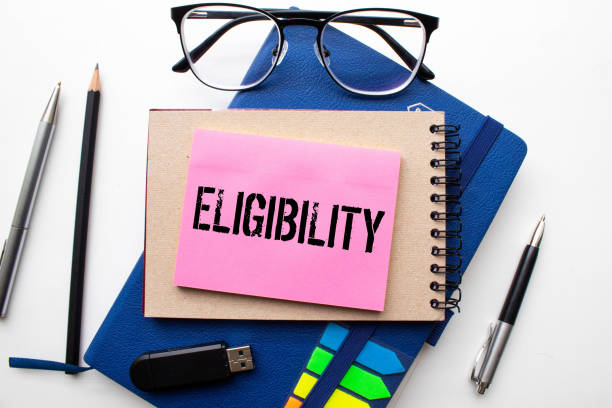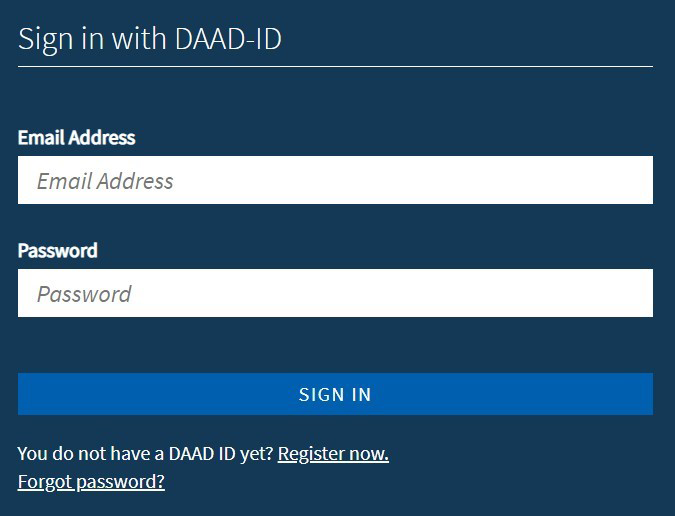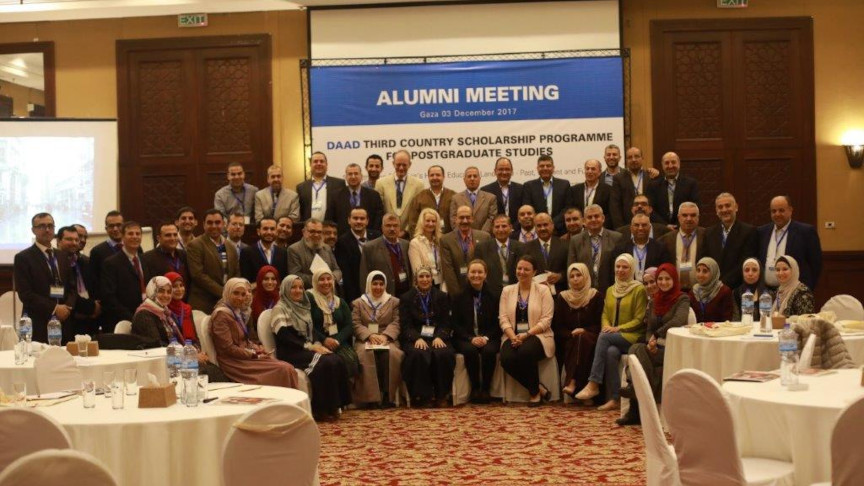Now Reading: How to Apply for DAAD Scholarship (Step-by-Step Guide)
-
01
How to Apply for DAAD Scholarship (Step-by-Step Guide)
How to Apply for DAAD Scholarship (Step-by-Step Guide)

Every year, thousands of Nigerians dream of studying in Germany, one of the world’s leading destinations for higher education. Yet the biggest challenge often isn’t the admission, it’s funding. That’s where the DAAD Scholarship comes in.
If you’ve ever searched for how to apply for DAAD scholarship, you’ll know it’s one of the most competitive but rewarding opportunities for African students. DAAD (Deutscher Akademischer Austauschdienst) is Germany’s largest scholarship body, offering full or partial funding for postgraduate and sometimes undergraduate studies.
In this article, we’ll walk you through a practical, step-by-step guide on how to apply for DAAD scholarship as a Nigerian or African student. We’ll also share tips to increase your chances and highlight mistakes to avoid.
Step 1: Understand What the DAAD Scholarship Covers

When you start learning how to apply for DAAD scholarship, the first thing you must know is what it actually offers. Many Nigerian students assume it only covers tuition, but the reality is much bigger.
The DAAD Scholarship often covers:
-
Full tuition fees
-
Monthly living stipends (around €850 for graduates, €1,200 for doctoral students)
-
Health insurance coverage
-
Travel allowances
-
Research and family allowances (in some cases)
This means, unlike partial scholarships, DAAD provides a near-complete package, making it ideal for Nigerians worried about the high cost of living abroad. According to the World Bank, living costs in Europe can be four times higher than in most African cities, which is why scholarships like DAAD are life-changing.
Step 2: Confirm Your Eligibility

Knowing how to apply for DAAD scholarship also means confirming that you actually qualify.
The eligibility criteria generally include:
-
A completed Bachelor’s degree (usually not more than 6 years old)
-
At least 2 years of professional work experience (for postgraduate programs)
-
Good academic standing (minimum of Second Class Upper for Nigerians is often recommended)
-
Strong English or German language proficiency (depending on the program)
For instance, Ifeoma, a Nigerian engineer, won the DAAD scholarship in 2022 after working for three years with a multinational company in Lagos. Her experience showed that DAAD doesn’t just fund academics; it supports professionals who can contribute back to society.
READ ALSO: How to Start a POS Business in Nigeria(Complete Guide)
Step 3: Research Suitable Courses and Universities

A critical step in learning how to apply for DAAD scholarship is finding the right program. DAAD funds specific development-related courses in areas like:
-
Engineering
-
Public Health
-
Agriculture
-
Environmental Sciences
-
Governance and Policy
-
Economics and Development Studies
The DAAD database (daad.de) has a search tool where you can filter courses by country, level, and field. Nigerians often target universities in Berlin, Munich, or Bonn, but DAAD opportunities spread across all German states.
Step 4: Prepare Your Academic and Professional Documents

One of the most overlooked parts of how to apply for DAAD scholarship is documentation. Missing one document can disqualify you.
You’ll typically need:
-
Academic transcripts and degree certificates
-
CV (in the Europass format)
-
Motivation letter
-
Research proposal (for PhD applicants)
-
Two recommendation letters (academic or professional)
-
Proof of work experience (employment letters or contracts)
According to Statista, nearly 35% of Nigerian DAAD applications fail due to incomplete or poorly prepared documents. It’s not just about grades, clarity, presentation, and alignment with the program matter.
Step 5: Write a Strong Motivation Letter

If there’s one step in how to apply for DAAD scholarship that determines success, it’s the motivation letter.
This is where you must show:
-
Why you chose that specific program
-
How it connects to Nigeria’s development needs
-
What impact you will make after graduation
For example, a Nigerian applicant for a Public Health course might write about addressing Nigeria’s maternal mortality crisis and how DAAD will equip them with global best practices. The letter should be personal, authentic, and solution-driven.
Step 6: Apply Through the DAAD Portal

After preparing your documents, the next step in how to apply for DAAD scholarship is to apply through the official DAAD portal.
Steps include:
-
Register on the DAAD online application portal.
-
Fill in the scholarship application form.
-
Upload all documents in PDF format.
-
Submit before the deadline.
Some programs also require you to apply directly to the German university offering the course. Always check program-specific requirements to avoid confusion.
Step 7: Prepare for Interviews

Many Nigerian students stop at submitting applications, but understanding how to apply for DAAD scholarship goes beyond paperwork. Shortlisted candidates are often invited for interviews at the German Embassy or virtually.
Interviewers usually ask:
-
Why you chose Germany over other countries
-
How the scholarship aligns with your career goals
-
How you will contribute to development in Nigeria or Africa
Practice your answers confidently. Show passion for your field and a deep understanding of Nigeria’s challenges.
Step 8: Plan for Visa and Travel
If you succeed, the final part of how to apply for DAAD scholarship is preparing for your visa and travel. DAAD usually sends funding confirmation, which simplifies your German student visa process.
You’ll need:
-
Valid international passport
-
Admission and DAAD funding letters
-
Proof of accommodation (if required)
-
Medical tests and insurance clearance
Nigerians who have gone through this step advise starting early, as visa appointments at German embassies in Lagos or Abuja can be competitive.
Step 9: Network with DAAD Alumni and Scholars

One overlooked tip in how to apply for DAAD scholarship is leveraging the DAAD alumni network.
Alumni in Nigeria are active through workshops, mentorships, and WhatsApp groups. They provide insider tips on navigating life in Germany and succeeding academically.
A strong network also opens doors for future collaborations, job placements, and research opportunities.
READ ALSO: 5 Hidden Bank Charges Nigerians Should Know
Step 10: Commit to Giving Back

Finally, learning how to apply for DAAD scholarship isn’t just about leaving Nigeria, it’s about coming back with solutions.
DAAD emphasizes development impact. Scholars are encouraged to return with skills, research, and experience that help African countries grow. Whether in policy, business, or science, the expectation is clear: give back to your home country.
The journey of how to apply for DAAD scholarship is long but rewarding. From eligibility to interviews, each step requires planning, persistence, and authenticity. For Nigerian students, it represents not just free education but an opportunity to transform lives back home.
So if you’ve ever asked yourself, “Can I really win this scholarship?” the answer is yes, if you prepare diligently and present yourself as a future leader ready to solve Nigeria’s challenges.





